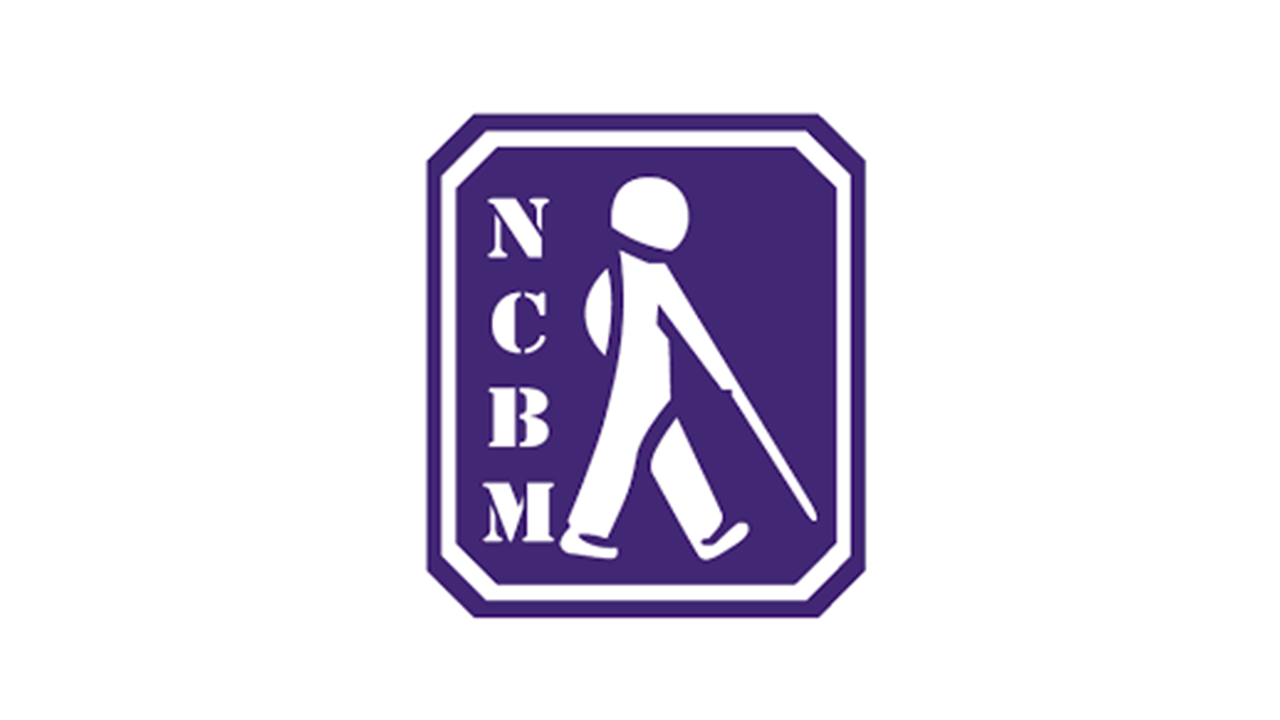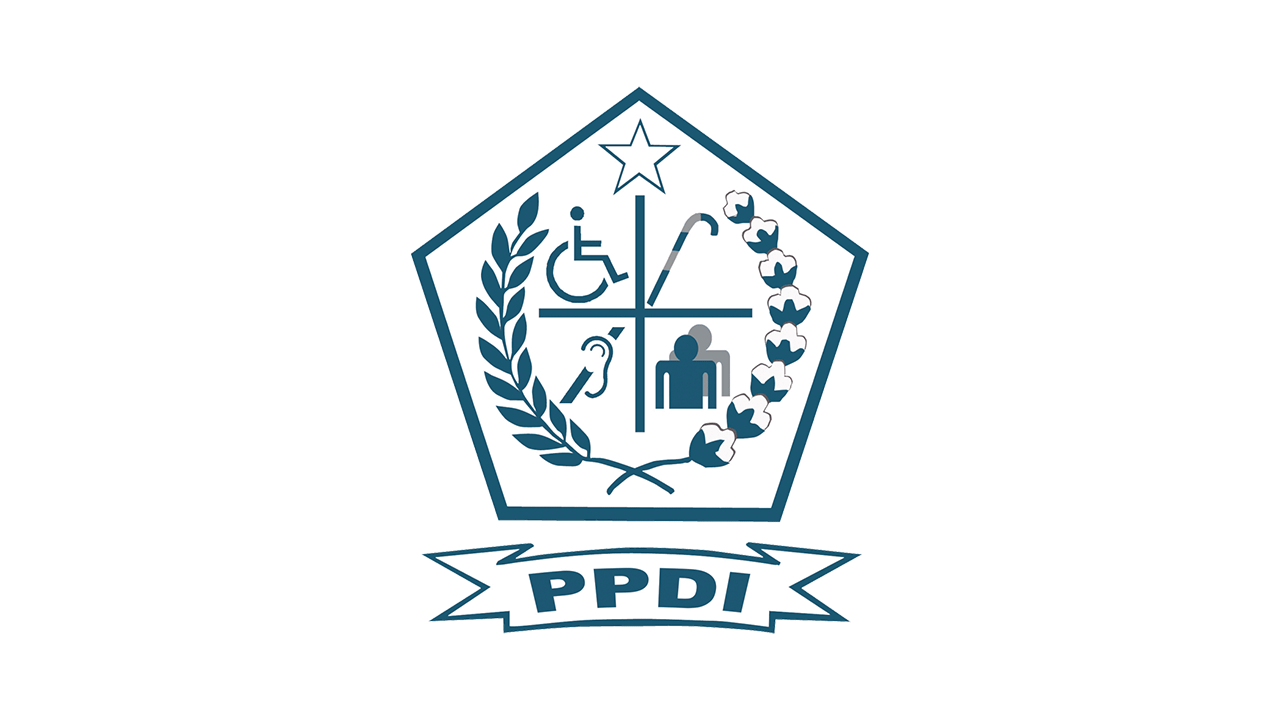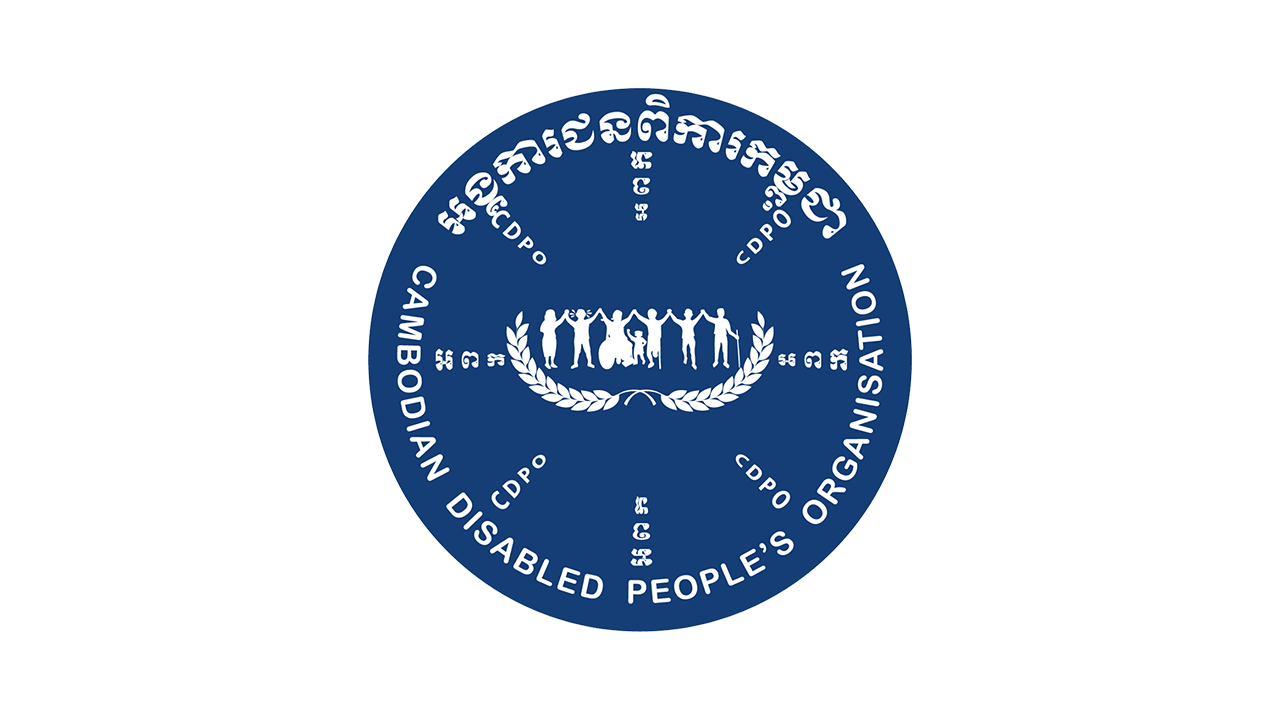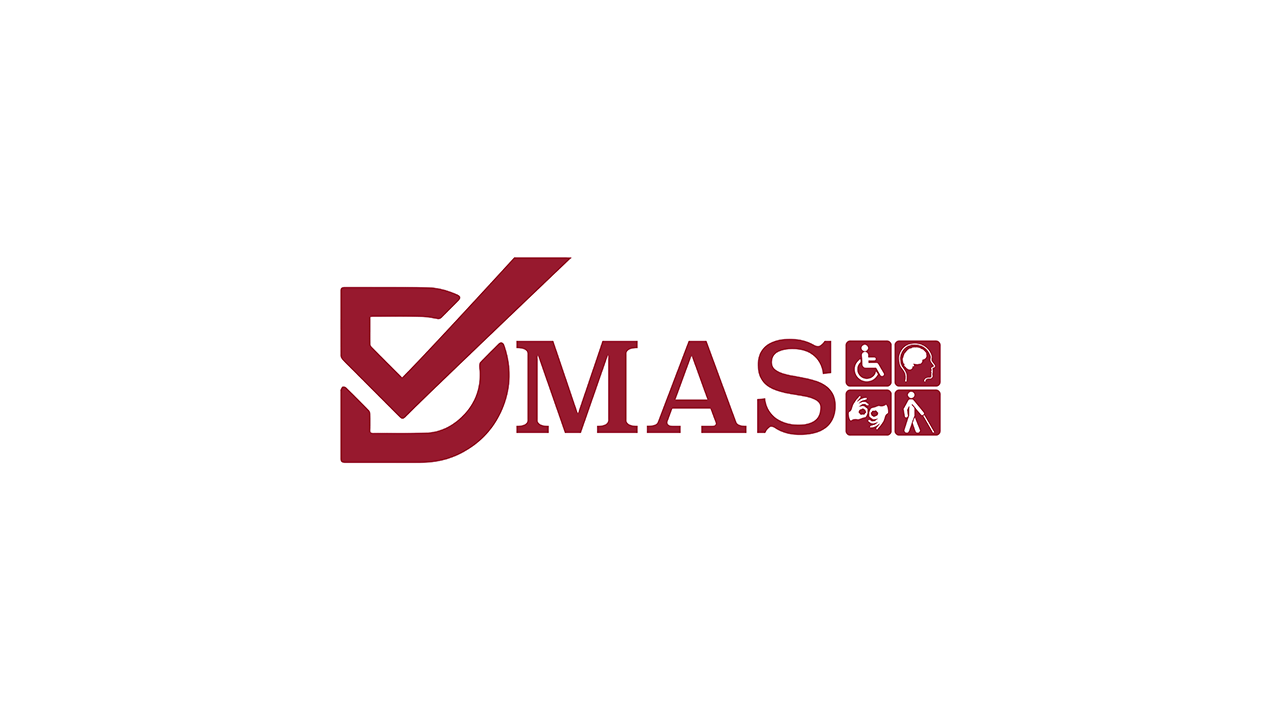On November 3 and 4, IFES held the second part of the Intersectional Coalition Building Training for AGENDA’s organizations of persons with disabilities (OPDs) partners to enhance OPD partners’ skills in forming intersectional coalitions and building trust with new civil society organizations (CSOs) partners for the next phase of the project. Participants learned about drafting an organization code of conduct and identifying advocacy opportunities and priorities. The training was facilitated by IFES Senior Inclusion Specialist Rebecca Aaberg, IFES Program Manager Maya Jacobs, AGENDA Program Manager Erni Andriani, and AGENDA Disability Rights Advisor Tolhas Damanik.
On the first day, participants learned about the coalition life cycle which consists of eight steps: reaching out to the potential partners, deciding to form a coalition, determining priorities and goals, working together to conduct activities, conducting periodic meetings, and sharing information regularly, monitoring progress and adjusting as needed, meeting goals and setting new goals for the start of a new coalition or dissolving the coalition. OPD partners also learned the importance of conducting a Strength, Weakness, Opportunity, and Threat (SWOT) analysis when forming a coalition as organizations may bring different qualities and experiences which could impact overall implementation. Participants learned how to build trust between partners within the coalition such as creating a safe and inclusive environment for all members and ensuring that all members in the coalition will benefit from the advocacy activities. On the second day, participants learned about creating a coalition code of conduct that serves as the guideline of the coalition. Participants learned about the first steps to draft the code of conduct which include engaging coalition leaders to brainstorm ideas on what should be in the code of conduct and inviting coalition partners to discuss the proposed points and begin the drafting process. All partners need to discuss any changes and allow facilitating input before finalizing the code of conduct. A total of 18 OPD participants including 9 female participants from Cambodia, Indonesia, Laos, Malaysia, the Philippines, and Vietnam participated in the training.









